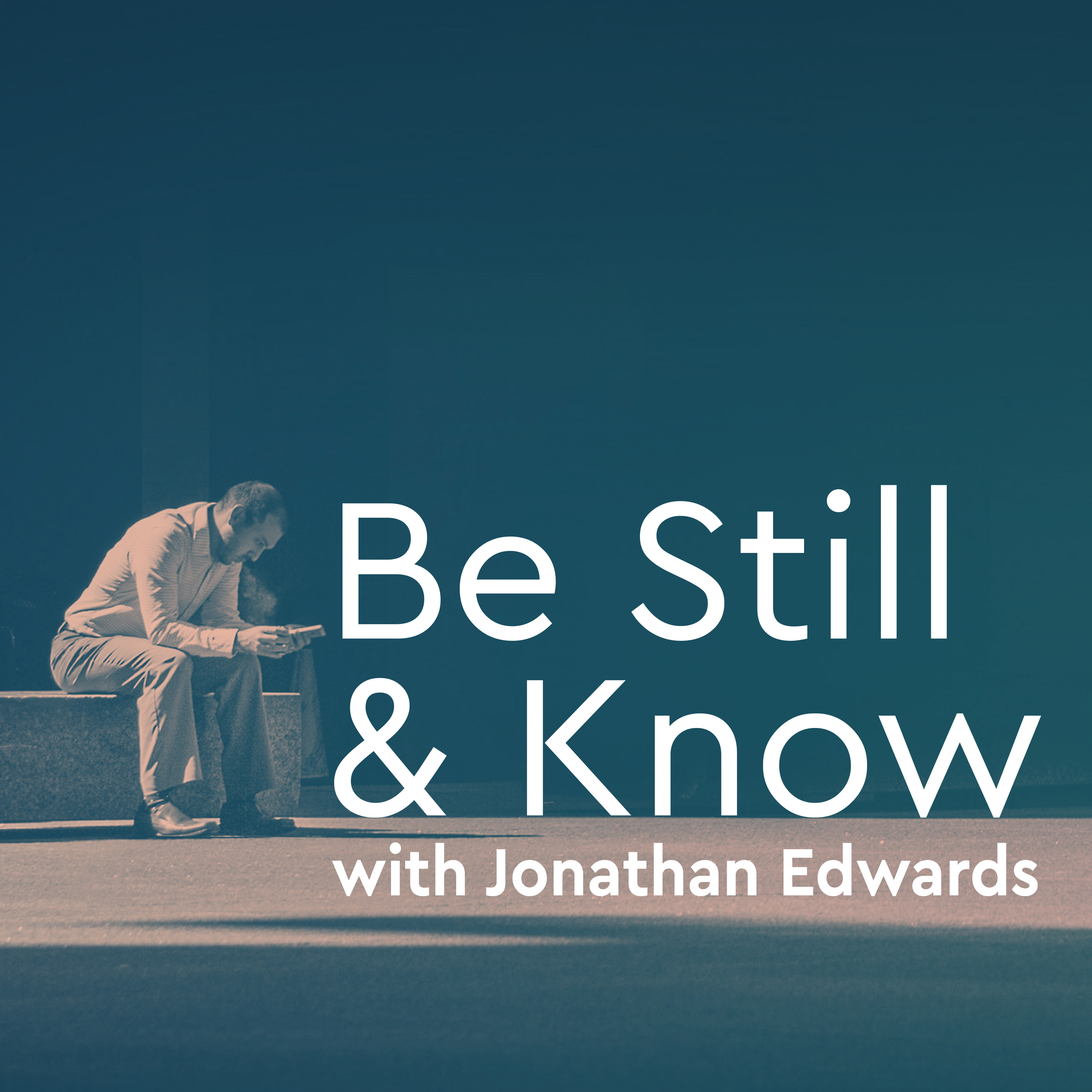Day 46 - Issue 43
Playback speed
Playback speed
Psalm 118:5-6
'In my distress I prayed to the Lord, and the Lord answered me and set me free. The Lord is for me, so I will have no fear. What can mere people do to me?'
The Duke of Wellington said: “The only thing I am afraid of is fear.” He had good reason to say this. Doctors tell us that fear can have a huge effect on our lives. It can lead to accelerated ageing and even premature death. Fear can cause damage to certain parts of the brain, such as the hippocampus, and this can make it even more difficult to regulate fear and leave a person feeling anxious.
The psalmist knew all about fear. We can’t be sure who he was, but it is clear from this psalm that he was a national leader. He reflected on the experience of being surrounded by hostile nations. They swarmed around him like bees and did their best to kill him (Psalm 118:10- 13). Such experiences are far away for the majority of us but whoever we are, we all face situations that can invite us to feel fearful. Perhaps it is a health issue, concerns about our families, our work or our finances. When fear takes hold it can have devastating effects and so we need to listen carefully to the advice of the psalmist.
His fundamental discovery was that God was stronger than his opponents. Powerful as they were, God was stronger. He was able to put his human threats in a proper perspective and concluded with a rhetorical question: “What can mere people do to me?” (Psalm 118:6). He didn’t need to be afraid because of the absolute security that he had in God.
Life will throw many challenges at us. There is no way in which we can avoid them. But if we maintain a strong and confident relationship with God, we don’t ever need to be fearful.
Question: What do you do when you are tempted to be fearful?
Prayer: Lord God, I praise you that I can look to the future with confidence because of your constant presence with me. Amen
Released on 15 Nov 2022
Coming up next

Day 47 - Issue 43
Psalm 119:1-2 'Joyful are people of integrity, who follow the instructions of the Lord. Joyful are those who obey his laws and search for him with all their hearts.' This is the beginning of what is by far the longest psalm and the longest chap...

Day 48 - Issue 43
Colossians 1:2 Paul and Timothy wrote: “We are writing to God’s holy people in the city of Colossae, who are faithful brothers and sisters in Christ. May God our Father give you grace and peace.” Colossae was not a particularly important town...

Day 49 - Issue 43
Colossians 1:3-4 'We always pray for you, and we give thanks to God, the Father of our Lord Jesus Christ. For we have heard of your faith in Christ Jesus and your love for all of God’s people.' We have no reason to believe that Paul and Timot...
